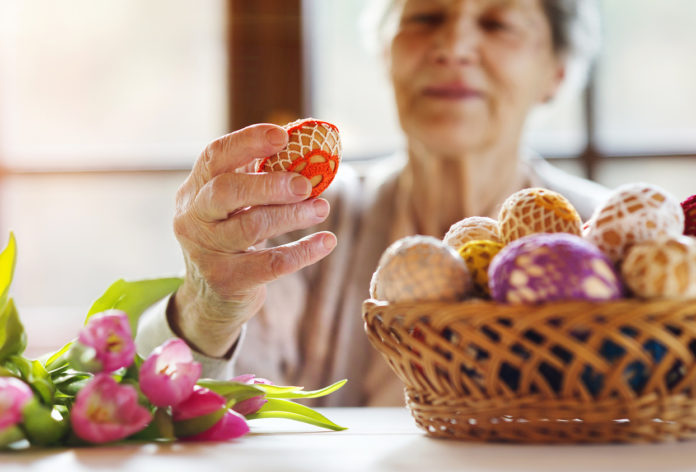Federal Minister for Senior Australians and Aged Care Services, Richard Colbeck has urged older Australians to reach out for help if needed this Easter long weekend.
Minister Colbeck said there were many helpful services available to vulnerable Australians in need.
“After a difficult year, it is vital older Australians stay connected during the holidays, which can be a lonely time for many people,” Mr Colbeck said.
“The pandemic taught us the value of looking out for each other. It has never been more important,” he said.
“I would encourage all Australians to re-connect with the elderly people in their lives – their parents, friends and neighbours – to check on their needs and lend a hand if they need it.”
Mr Colbeck said the Australian Government had a range of services on offer to increase social connectivity, including the mental health and wellbeing of senior Australians during the holidays, including the Government’s free digital mental health gateway, Head to Health.
He said the Older Persons COVID-19 Support Line (1800 171 866) offered practical advice and referrals to services required during the pandemic.
“Senior Australians can access relevant information about current travel restrictions and advice about home care services during the COVID-19 pandemic.”
Older Australians and their families and aged care staff who require grief, loss and bereavement counselling can contact the Australian Centre for Grief and Bereavement for free on 1800 22 22 00.
Dementia Australia delivers the National Dementia Support Program (NDSP), which includes the National Dementia Helpline. This free service is available to people living with dementia and their carers. The helpline provides emotional support and guidance and connection to relevant support services.
The Helpline is available Monday to Friday, 8am to 8pm (AEDT) by phoning 1800 100 500.
Minister Colbeck said there were also dementia support services available through the Dementia Behaviour Management Advisory Service (DBMAS).
“Carers supporting senior Australians living with dementia can access around the clock support, when behavioural and psychological symptoms of dementia are affecting a person’s care or quality of life.”
“DBMAS support is available 24 hours a day by phoning 1800 699 799.”
He said the pandemic has further highlighted the importance of checking in on loved ones.
“Sometimes a phone call or a visit to senior relatives and friends is all that’s needed, but it is always appropriate to reach out for additional support if required.”


